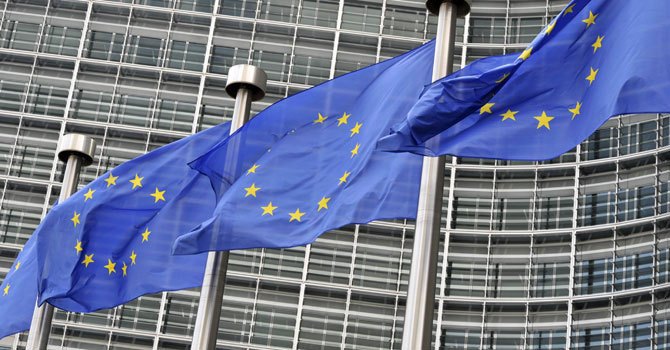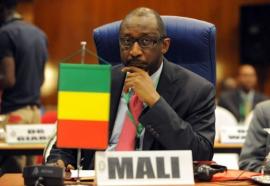
(AFP Photo)
The National Defence Council (NDC) has urged citizens against using the right to freedom of expression to “disturb other citizens’ lives and threaten society”.
The call came during the council’s Saturday meeting, held under the chairmanship of interim President Adly Mansour to discuss the latest domestic and security developments. In the meeting, the council stressed the state’s commitment to guaranteeing its citizens’ safety as well as preserving “societal peace”.
It also asserted the state’s commitment to guaranteeing citizen’s rights and freedoms, especially citing the right to freedom of belief and freedom of expression “through peaceful means”.
“The state urges citizens to bear the national responsibility of preserving state facilities,” the council said in a statement released on the State Information Service’s official website. “We call on citizens to cooperate with state institutions to carry forward social and economic benefits needed by large sectors of our nation.”
The council called on citizens to respond to the societal demand of “restoring order to Egypt’s streets” in a manner which would help achieve the “roadmap” announced by General Commander of the Armed Forces Abdel Fatah Al-Sisi after the ouster of former President Mohamed Morsi on 3 July.
“The state, with all its institutions, is working within a legal and humanitarian framework,” the statement read. “We will not allow anybody to intimidate or terrorise citizens … in an attempt to destroy domestic peace and security or to stall economy.”
Mansour had issued last week the Protest Law, a highly controversial law drafted to regulate the right to peaceful assembly.
The legislation consists of strict restrictions on protests, marches and public meetings and requires a prior notice for protests at least three working days in advance; it also allows the Minister of Interior to move, change the route of or cancel assemblies. Articles in the Protest Law also allow security forces to use water cannons, batons, and tear gas to disperse protesters, as well as “escalatory measures” that would include the use of rubber bullets and birdshot.
During its previous meeting, the NDC had stalled the issuance of the law until the cabinet receives suggestions regarding it for a week of “societal dialogue”.
The law was nevertheless condemned by Amnesty International, Human Rights Watch, the United Nations and the Egyptian civil society. A wide array of political movements also condemned the law upon its issuance, while the United States Department of State urged the Egyptian authorities to respect individual rights.


